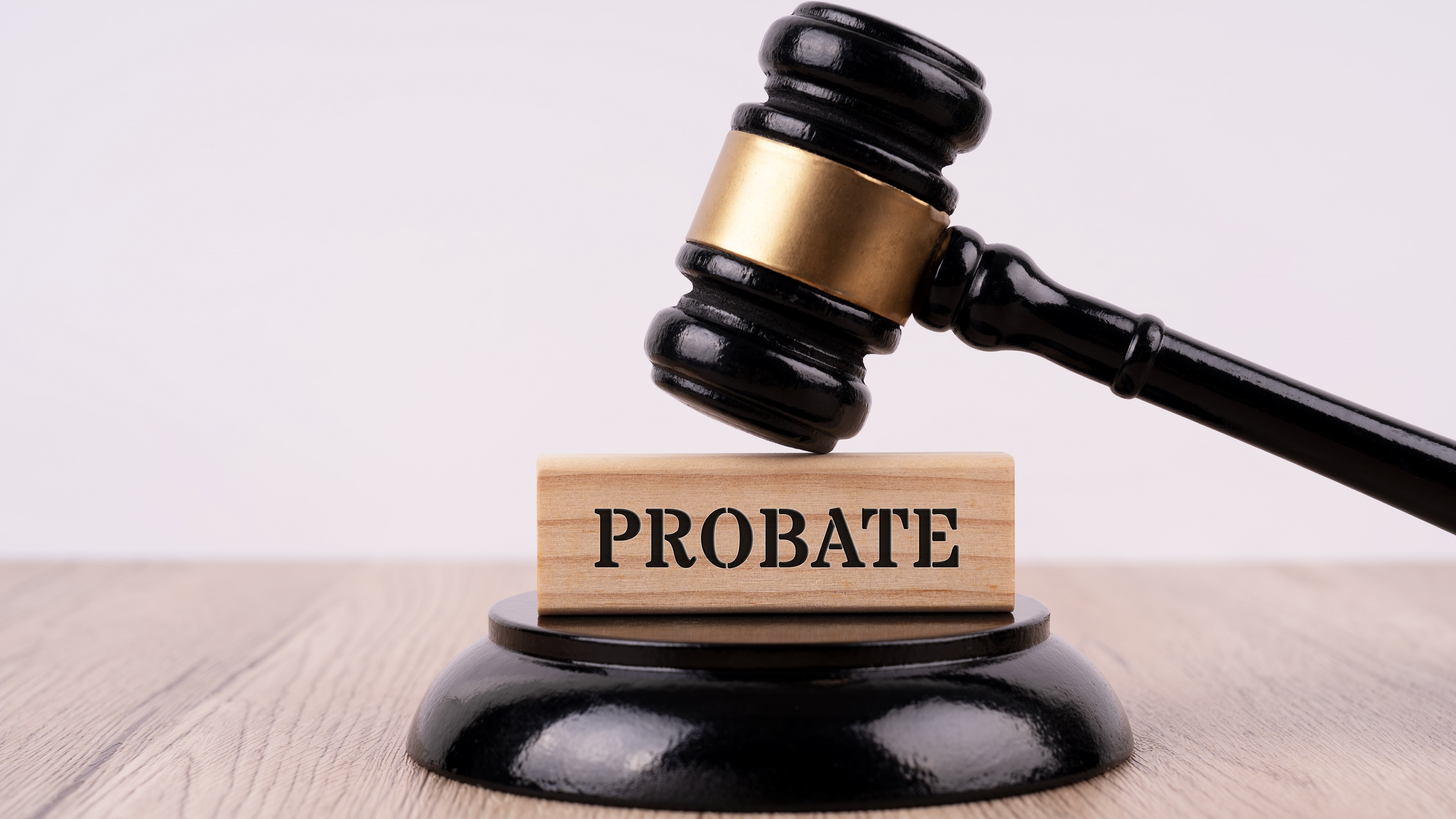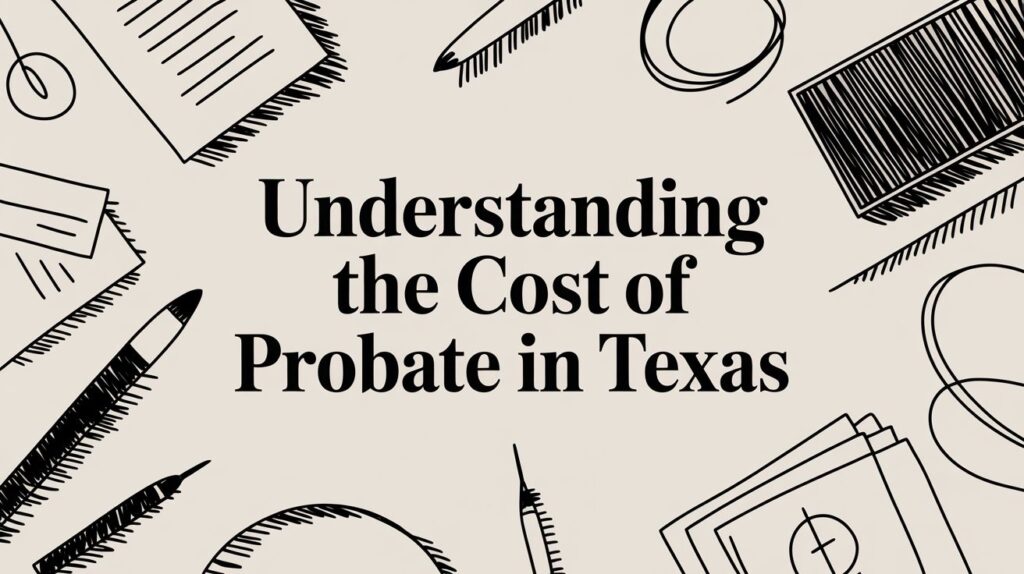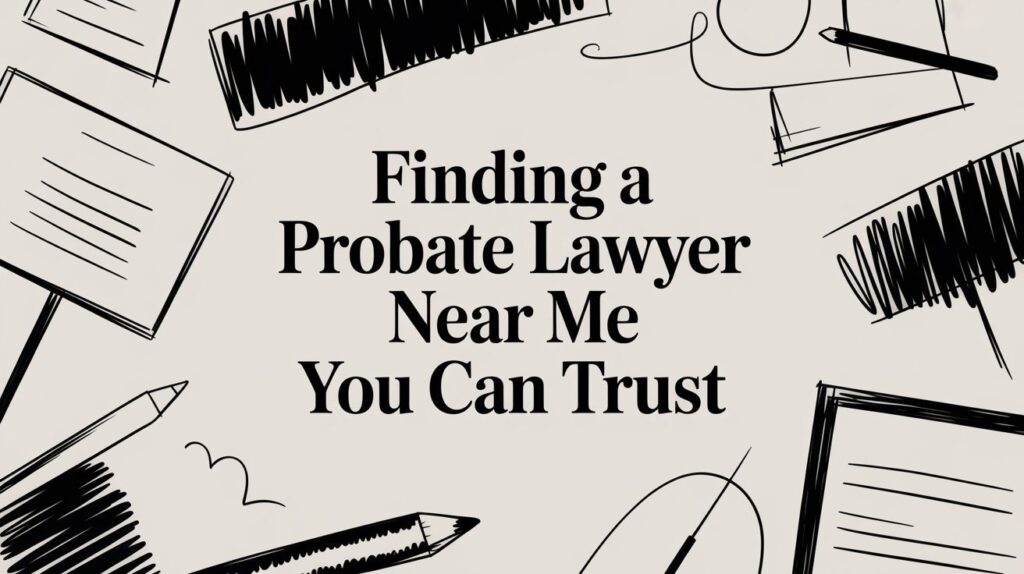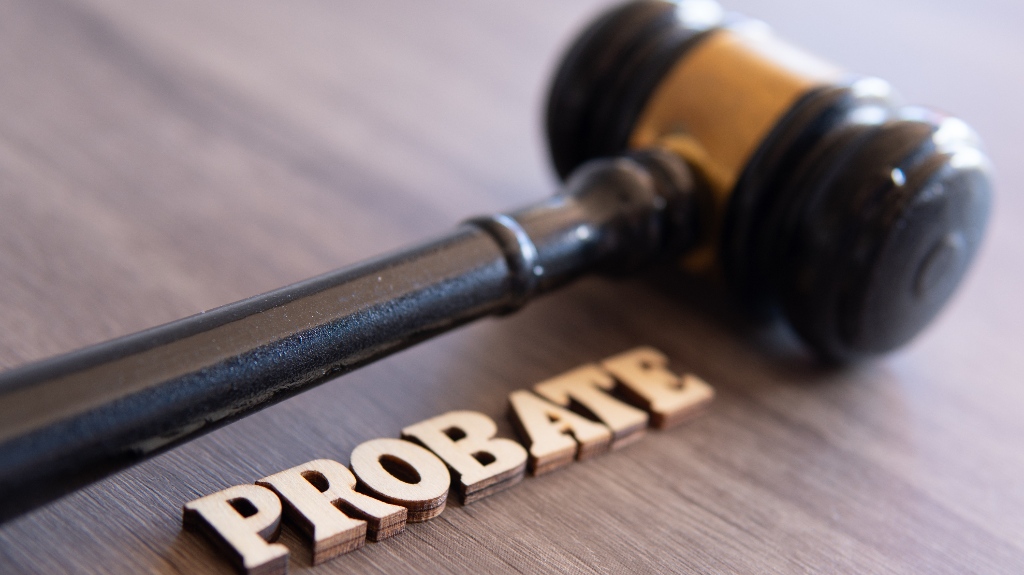Whether you’re researching your family tree, settling a loved one’s estate, or just curious about how courts handle the transfer of property after death, one thing is clear—understanding probate court records can open doors to a treasure trove of valuable information. But for many people, probate records remain a mystery wrapped in legal jargon and stored behind unfamiliar systems. It doesn’t have to be that way.
In this guide, we’re breaking down understanding probate court records: key insights unveiled—what they are, why they matter, how to access them, and what you can expect to find. Using relatable language, real-life examples, and a little storytelling, we’ll turn a dry legal subject into a resource you can actually use.

What Are Probate Court Records?
More Than Just Paperwork
Probate court records are official documents generated during the legal process that oversees the distribution of a deceased person’s estate. When someone passes away, their assets, debts, and property must be legally transferred to heirs or beneficiaries—whether or not they had a will.
These records may include:
- The decedent’s will (if there is one)
- Inventory of assets and debts
- Petitions filed by executors, heirs, or creditors
- Court orders approving distributions
- Dispute filings and final settlements
In other words, probate records paint a complete legal picture of what happens after someone dies, from the moment their estate enters the court system to the final transfer of property.
Real-Life Story: How a Will Uncovered a Family Secret
When Sarah started researching her late grandmother’s genealogy, she expected a few birth records and family photos. What she found instead was a surprise: a probate court record from 1973 revealing that her grandmother had left a portion of her estate to a child no one in the family had ever heard of.
That child turned out to be Sarah’s great-uncle, the result of a teenage pregnancy kept hidden for decades. Because probate records are public, Sarah pieced together a story her family had long buried—proving that understanding probate court records can lead to both legal and deeply personal discoveries.
Why Probate Records Exist
Legal Oversight and Protection
Probate court records aren’t just red tape—they serve critical functions in the judicial system. Their purpose includes:
- Ensuring the decedent’s wishes are honored
- Preventing fraudulent claims on the estate
- Notifying creditors and giving them a chance to collect
- Protecting minor heirs or incapacitated beneficiaries
- Confirming that the estate is administered lawfully
Essentially, these records protect everyone involved. Without them, it would be easy for dishonest heirs or personal representatives to take more than their share—or for rightful heirs to be excluded.
That’s why understanding probate court records matters not just for legal professionals, but also for anyone involved in—or affected by—the probate process.
What’s Typically Included in Probate Court Records?
A Detailed Look Inside the File
If you’ve never looked at a probate case before, it helps to know what you might find. A full probate court record may include:
- The Last Will and Testament – The foundational document of the case
- Petition for Probate – Filed by the executor to open the case
- Letters Testamentary or Letters of Administration – Court documents giving legal authority to act on behalf of the estate
- Inventory and Appraisal – Lists all property, including real estate, stocks, valuables, etc.
- Accountings – Detailed records of all expenses and distributions
- Objections or Disputes – Claims filed by family members, creditors, or other parties
- Final Distribution Order – Outlines who gets what at the end of the case

By understanding probate court records in detail, you can track the entire estate process—from first filing to final distribution.
How to Access Probate Court Records
Where to Look and What to Expect
Probate court records are generally public documents, though the process of accessing them varies by state and county. Here are the main ways to locate them:
1. Online Portals
Many counties offer access to probate records through court websites. You may need to register or pay a small fee for access to documents.
2. In-Person at the Courthouse
If online access isn’t available, you can request physical files at the clerk’s office. Bring ID, case details (like the decedent’s full name), and be prepared for a wait.
3. Through an Attorney or Probate Researcher
For complex or sealed records, legal professionals may be able to obtain what you can’t.
Keep in mind: probate records typically stay on file for decades. That means even historical cases can be found and reviewed if you know where to look.
Are Probate Court Records Public?
Yes, but There Are Exceptions
In most jurisdictions, probate court records are open to the public. That includes wills, asset inventories, and distribution plans. However, there are a few caveats:
- Sealed records: Some sensitive documents may be sealed by court order—especially in cases involving minors or vulnerable adults.
- Redacted details: Personal data like Social Security numbers and account numbers are often blacked out.
- Restricted access online: Not all documents may be downloadable from court websites due to privacy concerns.
Still, for the most part, anyone who takes the time to look can gain meaningful insight by understanding probate court records.
Common Disputes Found in Probate Records
Where Conflict Leaves a Paper Trail
Probate court often becomes a battleground for family drama, financial disputes, and contested inheritances. These disputes—once they enter court—become part of the public record.
Common disputes include:
- Will contests – Claims of forgery, fraud, or undue influence
- Executor misconduct – Allegations of mishandling assets
- Sibling disagreements – Who gets what and why
- Claims from creditors – Disputes over debts owed
- Omitted heirs – Children or spouses left out of the will
All of these can be traced in detail by combing through the record. If you want to understand the full story behind a case, probate records are your window into what really happened.
Real-Life Case: The Hidden Assets
In El Paso County, a case involving the estate of a retired teacher revealed that the executor failed to report a second home owned by the deceased. A vigilant niece who was left out of the will filed a motion to compel disclosure, and the probate court discovered a significant asset had been excluded.
The niece ended up receiving a substantial distribution—something that never would have happened if she hadn’t examined the court file.
This example underscores why understanding probate court records can prevent fraud and ensure fair outcomes for everyone involved.
Probate Records and Genealogy Research
Tracing Family History Through Legal Documents
For family historians, probate court records are a goldmine. They offer detailed information about relatives, relationships, and even property ownership.
You can discover:
- Names of heirs and relatives
- Maiden names and prior marriages
- Family connections not listed in public obituaries
- Property passed down through generations

In fact, many genealogists start with probate records to build their family tree. Since wills often mention spouses, children, siblings, and even distant cousins, they offer clues no other document provides.
So, when it comes to historical research, understanding probate court records can change how you connect with your roots.
How Long Does the Probate Process Take?
Timing Is Everything
Probate doesn’t happen overnight. Most cases take six months to a year, but complications like disputes or missing heirs can extend the process further.
Here’s a general timeline:
- Filing the petition: 1–2 months after death
- Court approval and appointment of executor: 1–2 months
- Inventory and appraisal: 2–4 months
- Payment of debts and taxes: Ongoing
- Final distribution and closing the case: 6–12 months total
During that time, all activity is documented—and those documents become part of the record.
Knowing this timeline helps you better interpret dates, filings, and actions when reviewing a file. It’s a key part of understanding probate court records and their structure.
What Can Be Learned from Probate Records?
Beyond Names and Dates
The information hidden inside probate records can be both personal and practical. Here’s what they reveal:
- Family relationships and disputes
- Wealth and asset distribution
- Legal strategy and procedural detail
- Real estate and business interests
- Lifestyle and values of the deceased
That’s why journalists, lawyers, genealogists, and curious heirs often use them as a foundation for deeper investigation.
So much of the legal process comes down to paperwork. But when it’s this specific, understanding probate court records can help you make sense of not only the law—but your own story.

Final Thoughts: Understanding Probate Court Records – Key Insights Unveiled
Whether you’re handling a current estate, contesting a will, researching family history, or just curious about how the legal system works, understanding probate court records is a skill worth learning. These records provide more than just facts—they offer context, clarity, and a pathway to justice in cases where silence or confusion once reigned.
We’ve unveiled the basics, explained how to access these records, and looked at the stories they contain. At their best, probate records act as guides—helping executors manage their duties, helping heirs claim their rights, and helping families close a chapter.
So next time you hear someone mention probate, don’t tune out. Dive in. Because once you understand the language and purpose behind these records, you’ll be equipped with one of the most underutilized tools in the legal world.








